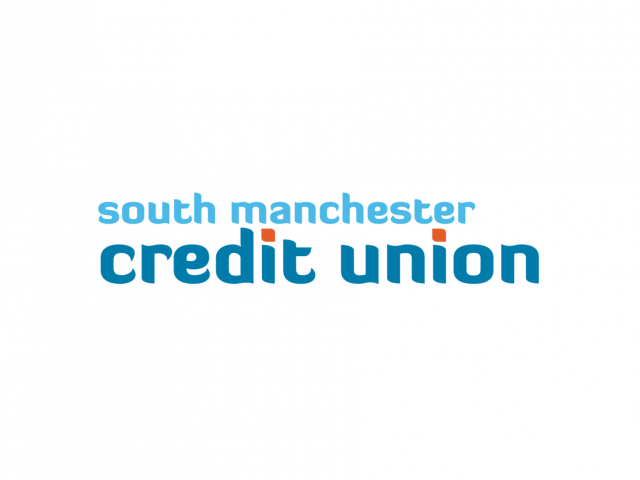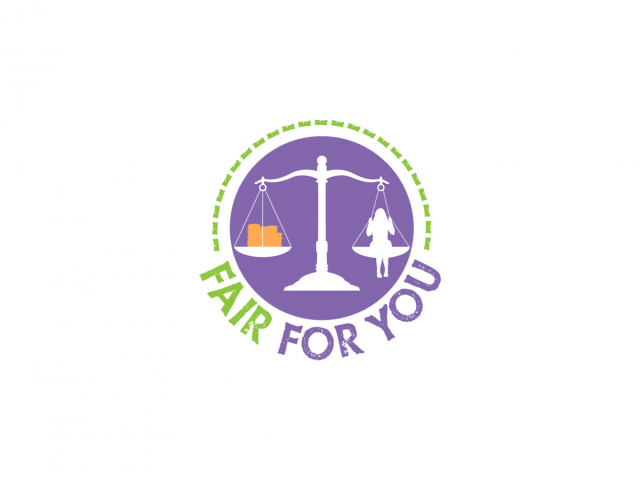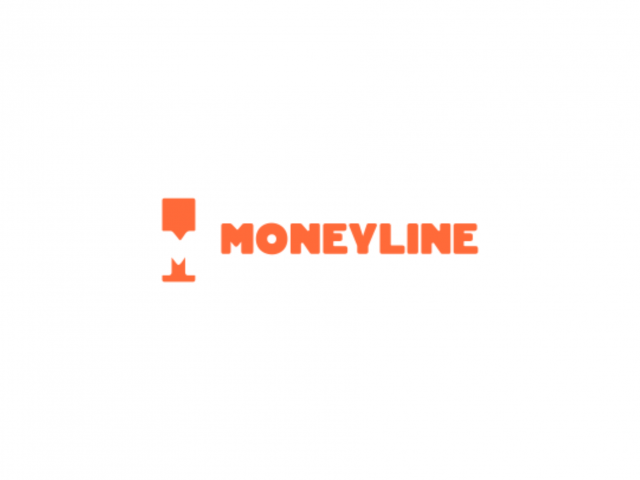The Financial Inclusion Plan
Research
Guides and reports
Case studies
Webinars
FAQs
What is Fair4All Finance?
We are a not for profit organisation driving change in financial services to help the millions of people in vulnerable circumstances.
We were founded in 2019 through the Department of Digital, Culture, Media and Sport (DCMS) to tackle the issue of financial inclusion.
Our mission is to increase the financial resilience and wellbeing of people in vulnerable circumstances by increasing the availability of fair and accessible financial products and services.
How is Fair4All Finance funded?
Our funding comes from The Dormant Assets Scheme. The scheme is led by the financial industry and backed by the UK government. This makes it possible for money in dormant bank and building society accounts to be used to help good causes.
What are you using your funding for?
Our programmes increase access to fair and affordable financial products and services in some of the most deprived areas of the country:
- We invest in and support organisations already serving those in vulnerable circumstances well – to help them grow and reach more customers
- We catalyse investment in developing new products and services – supporting all financial service providers to better serve this customer group
- Our research programmes generate a rich evidence base to inform policy and regulation – that supports serving people in vulnerable circumstances
Our goal is to create an accessible financial system that delivers the right products and services for everyone who needs them.
What are Dormant Assets
A dormant asset is a financial product, such as a bank account, which has not been used for many years, and which the provider has been unable to reunite with its owner despite efforts aligned with industry best practice. The Scheme allows businesses to transfer funds voluntarily from dormant assets. They can decide if they want to join and how much they transfer.
Businesses’ first priority is to reunite owners with their assets. This includes trying to locate people who might have moved house – for example, by tracing them via Royal Mail, email, telephone, a tracing service, or a credit reference agency.
If the asset has been classified as dormant and cannot be reunited with its owner, it can be transferred to the Scheme’s administrator Reclaim Fund Limited (RFL). RFL manages the funds, retaining enough to meet any reclaims and distributing the rest to social and environmental initiatives via The National Lottery Community Fund.
The Scheme has so far enabled over £800m to be released to support social and environmental initiatives across the UK. The money is split between England, Scotland, Wales and Northern Ireland, and each nation makes its own decisions on how the money is spent.
Customers can reclaim their money at any point here.
Where do Fair4All Finance operate?
While our funding is for England, we seek to collaborate across all four nations where possible.
What is Fair4All Finance’s connection to the Government?
Fair4All Finance an independent UK company established in response to the government’s commitment to use Dormant Assets money for financial inclusion.
Fair4All Finance is an independent organisation, with its own board and the ability and remit to set its own strategy.
What is Fair4All Finance’s governance structure?
The Board of Fair4All Finance is responsible for the governance of the company including strategy, risk management, policies and procedures, day to day operations and ensuring that its funds and resources are at all times applied in a manner that is compatible with its obligations.
Fair4All Finance is funded from the England portion of funds for financial inclusion under the Dormant Bank and Building Society Accounts Act 2008. This funding is distributed via the National Lottery Community Fund (NLCF) under a funding agreement.
The Oversight Trust – Assets for the Common Good (The Oversight Trust) is the sole member of Fair4All Finance and a governance agreement is in place. The Oversight Trust’s aim is to ensure that Fair4All Finance remains true to our objectives and in particular to:
- ensure that we are well governed
- ensure that our strategic plans are in accordance with our objects
- review achievement of social impact
- review transparency of financial and impact reporting
- ensure that any proposed changes to our objects are appropriate
- provide guidance and advice if appropriate and practicable, or as requested
A governance agreement between Fair4All Finance and The Oversight Trust sets out the key processes and powers that enable these responsibilities to be fulfilled. Fair4All Finance reports regularly to The Oversight Trust on its financial performance, investments and impact as well as Board and senior manager appointments. The Oversight Trust is not involved in making investment decisions or other operational issues.
What is affordable credit?
For the millions of people in the UK excluded from access to mainstream credit, fair and affordable lenders like credit unions and CDFIs provide a lifeline.
We believe customers in vulnerable circumstances and financial difficulty should have access to a fair and affordable credit option when appropriate to their circumstances. This option should be available from providers who charge a reasonable price based on risk and who treat customers with fairness and support to improve their situation throughout their journey with a lender.
However the community finance sector is relatively small, customer demand is growing and other regulated options are shrinking.
Since we started in 2019, the Covid-19 pandemic and rising cost of living have increased the number of people in vulnerable circumstances and the demand for fair and affordable credit. At the same time, the amount of legal borrowing options are dwindling as high cost credit providers struggle or exit the market altogether. The need to scale up the provision of affordable credit is more important than ever.
Read our Affordable Credit Code of Good Practice.
What about APR?
Some people will look at the organisations we have invested in, make a judgement based on the APR they charge, and wonder what exactly we mean by affordable credit.
But there are real limitations to APR. There is a well-used example that illustrates these, which you can watch actor Michael Sheen presenting here. It goes along these lines:
‘Two friends are in a bar on a Friday night. One tells the other they’re a bit short of cash – £75 short, in fact. The other friend offers to lend them the money, only asking that they pay them back next week and buy them a pint to say thanks.
‘Next week the friend who borrows the money returns to the pub, repays the loan and buys their friend a pint. It costs £4.20. That’s a loan of £75, for seven days, plus a ‘charge’ of £4.20. Most people would think this is quite reasonable… but the APR on this transaction is a huge 1614%.’
APR is useful for working out the cost of a long term product, such as a mortgage. For shorter term small sum credit, it is less useful.
We believe that APR is not the only thing to think about when looking at the value of credit. It’s just as important to consider:
- What is the total cost of credit?
- What are the alternative options available to the customer and how much do they cost – or looking beyond price, what are the physical, mental or social costs of doing without?
- What profit, if any, the lender makes on the loan and what is this used for?
- And crucially, how does the lender treat its customer and what support and flexibility does it provide when the customer is in need?
We set out the qualities that we think characterise the very best responsible lenders in our Affordable Credit Code of Good Practice.


